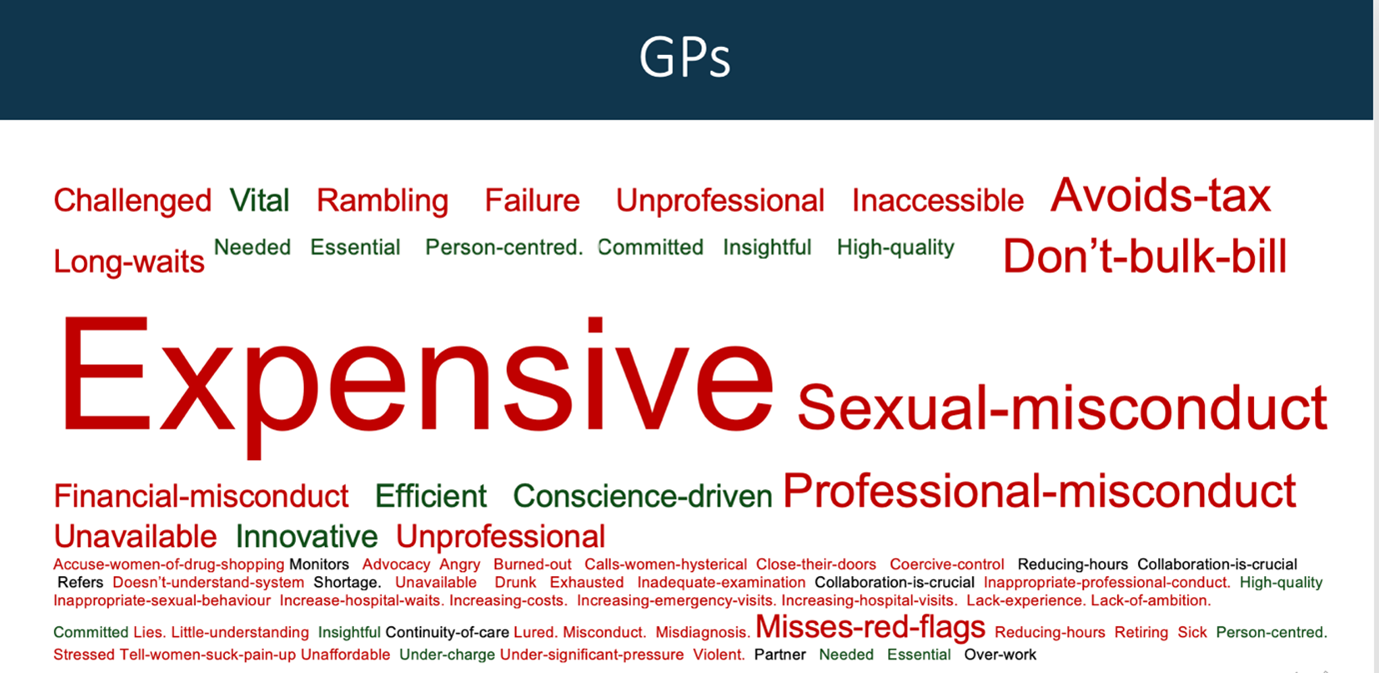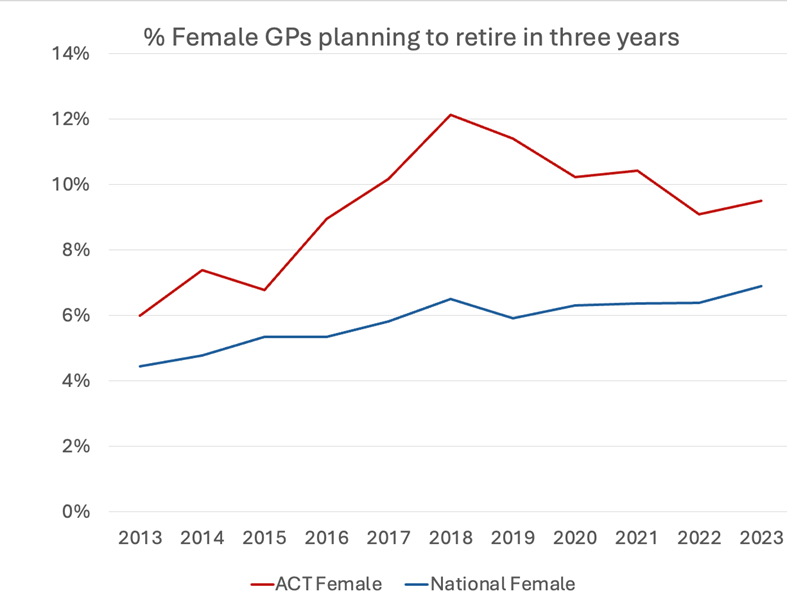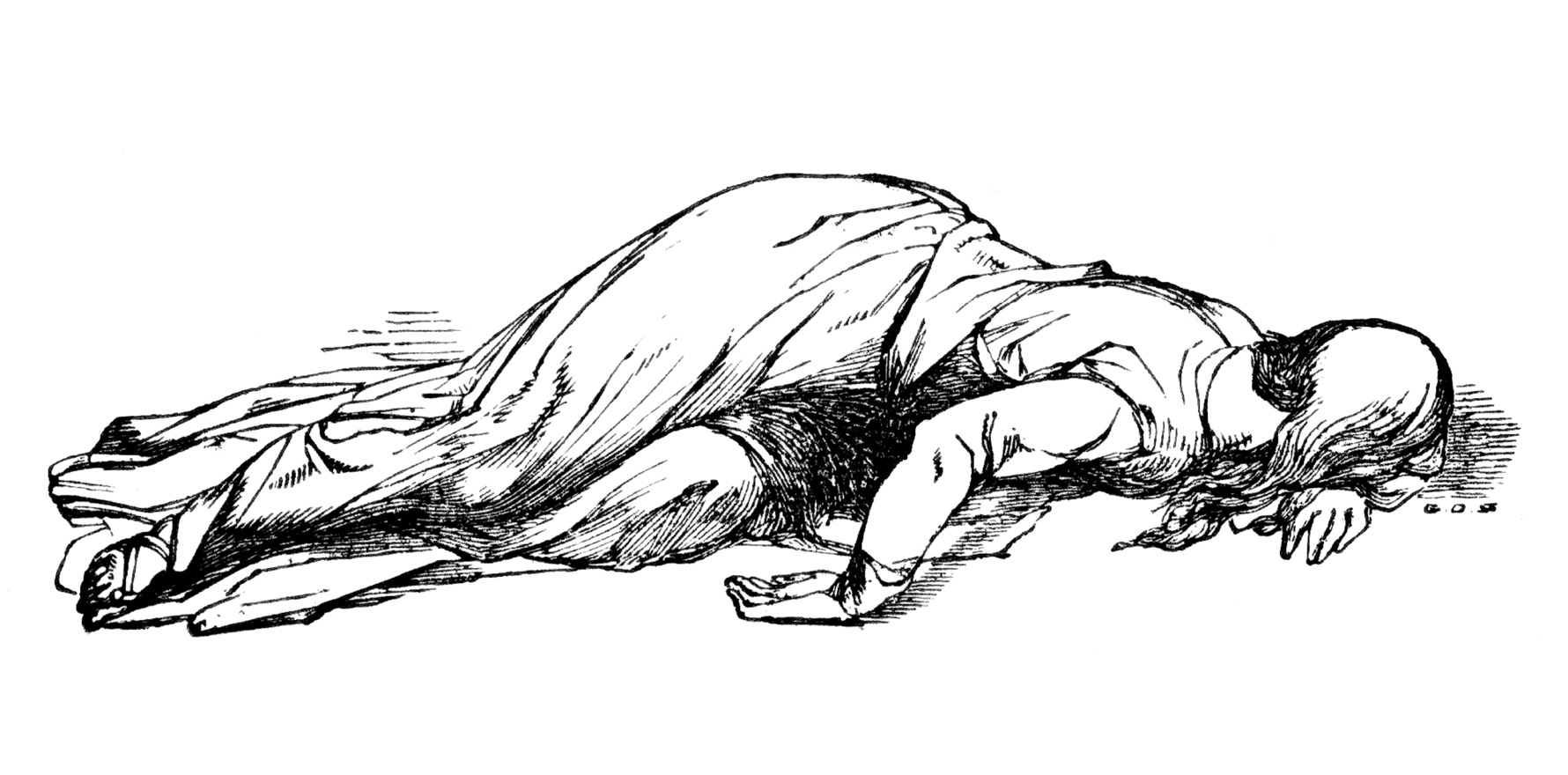On the basis of the dominant discourse, is it any wonder the number of female GPs planning to retire in the next three years is on the rise?
I would love to say that the award of a degree conferred appropriate professional attitudes.
Wouldn’t it be nice if all health professionals, by virtue of their qualifications, developed deep commitment to patient care, with all the values and ethics that accompanies that commitment? If all nurses were kind, and all pharmacists committed and all doctors respectful.
However, I don’t think any profession has a monopoly on humility, respect, competence and care. Equally, no one profession has a monopoly on arrogance, greed, self-interest or laziness. So, it always surprises me that communications about individual professions will emphasise the universal human qualities they believe their members possess.
Like many GPs in Australia, I have been feeling rather disrespected recently, and I’ve been wondering if that’s just tiredness, a bit of burnout and perhaps the very slightest hint of paranoia. Certainly, in the UK, it’s been clear that there has been a relentless campaign to undermine GPs.
So, I thought I’d turn to the evidence and find out.
I gathered together 12 months of ACT Health communications. I included reports, social media, ministerial media releases, documents, and added Canberra Times articles with as much as I could extract from the ACT health website. That’s around 430,000 words.
I extracted anything said about nurses, midwives, pharmacists and GPs and looked for descriptive words. Here’s what I found. Positive comments are in green, neutral in black, and negative in red.

Here are the nurses and midwives, kind, compassionate, competent, and one small oversight in competence mentioned in the Disability Health Strategy report. All-round awesomeness, which in my view is fair enough.

The marketing of pharmacy is pretty clear. They had the same number of mentions as nurses (about 400), but a much more consistent communications strategy. All of which worked to build trust in their expanded scope of practice in the ACT.
We GPs were not so lucky.

Whether we are affected by what they say about us or not, we are restricted in our capacity to contribute to the health system if trust in us is undermined.
No wonder occupational violence is rising in our practices, and there is an increase in ED presentations. Nobody in their right mind would see a GP on the basis of this evaluation of our competency, capacity and ethics.
Systemic bias is usually unconscious, but that doesn’t make it right.
No wonder the plans for retirement for women GPs in the ACT are a little skewed compared to the national average. ACT general practice is not the easiest place to work.
Here are the statistics from the national workforce survey data, on intention to retire. I don’t think, on the basis of the dominant discourse in my state, anyone is surprised:

Associate Professor Louise Stone is a working GP who researches the social foundations of medicine in the ANU Medical School. She tweets @GPswampwarrior.
Related





